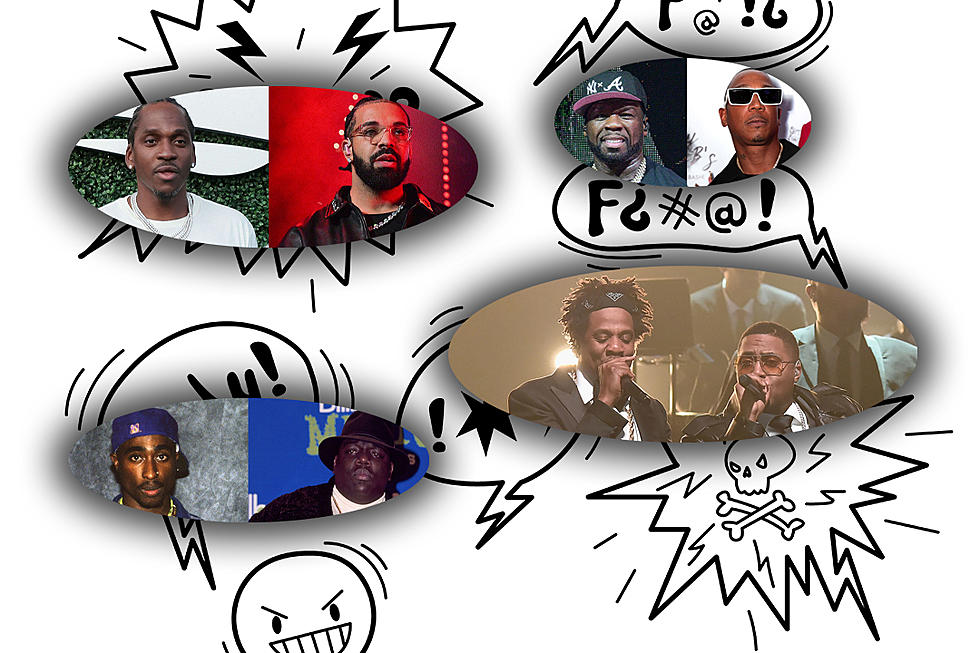
Common Reflects on 15 Year Anniversary of One Day It’ll All Make Sense
On September 30, 1997, Common released his third solo album, One Day It'll All Make Sense. The effort, a follow up to the acclaimed Resurrection, found him further coming into his own, as the Chicago rapper again worked heavily with No I.D. and offered increased introspection as he prepared to become a father. The album included appearances from Lauryn Hill, Erykah Badu, Cee Lo, Q-Tip, De La Soul, and Black Thought, and like his previous release featured his father for a "Pop's Rap." Now, 15 years after the release of the essential album, Common reflects on the creative process and that time in his life with XXLMag.com. —Adam Fleischer (@AdamXXL)
That album, for me, it was like stepping into fatherhood. Me becoming more responsible with the platform of hip-hop. I started, at that point, I think, really developing into a man, because I was about to be a father. I was discovering new things about my life, about spirituality. I was on that quest, on that journey, and I wanted to talk about some of that in my music. So some of the subject matters was real. I had been through an abortion, and I talked about that. I talked about god on the record with me and Cee Lo. That was because I was reading the bible and reading the Quran and thesomebooks of Doa and coming with my own understanding of who god is for me.
I remember getting Cee Lo to fly out [to Chicago]. We had this rinky dink studio. I remember being embarrassed, but we did, though. He came, he hung out, came to my crib. I built an apartment down in the basement, he came down and kicked it with us, just having fun. But he came and did that song, “G.O.D.,” and I was like, Man, this song is special. And I remember getting to perform that being like, This is a blessing.
I was able to come together with a lot of artists that I really love. Like Lauryn Hill, just being able to sit down and work with her. She was really adamant about that song being great; the song “Retrospect for Life,” which is about abortion. She sat down and made sure—she was working on producing it. We had No I.D. there. And that was the first time James Poyser, who I worked with through The Roots, but then he worked on my album and Lauryn’s album later, but that was the first time we all worked together. I just remember us going through different ideas. She was pregnant and I was about to have my baby, so we was on the same type of cloud, and just creating.
And then, on the hip-hop songs, it was just being raw with it. Songs like “Invocation.” Recording that album, One Day It’ll All Make Sense, was not the first time, but I remember consistently going to this studio called Streeterville, and my boys would come down, and I was just trying different things with the music. Two or three times a week I would just set up studio sessions and go. I didn’t usually write in the studio that much, I would just record in the studio.
It was certain songs, like this song called “Hungry,” I remember doing that and it was raw. That was one of the only songs I ever did just one take. Like, I ain’t gonna outrap that one. A lot of artists can do one take, I’ma be so critical.
My mother [was] on the record cover. It was a monumental time. I would see the album cover on these park benches. It just felt like a real soulful, introspective album that I just remember being like, man, I gotta do something in life cause I’m about to be a father and i wanna contribute to the world. I always felt that way, but it was like, now it’s time to bring it into fruition.
More From XXL









